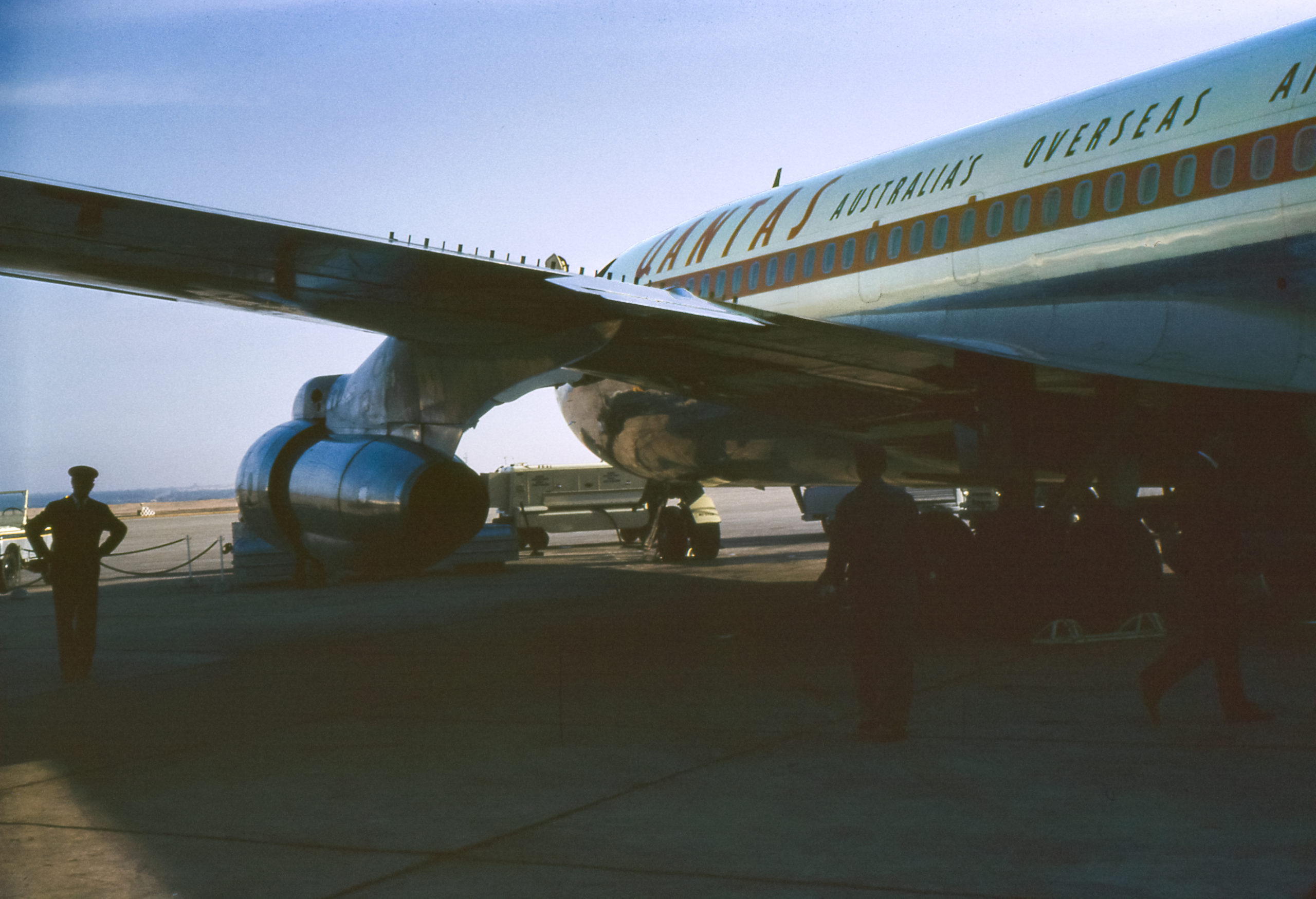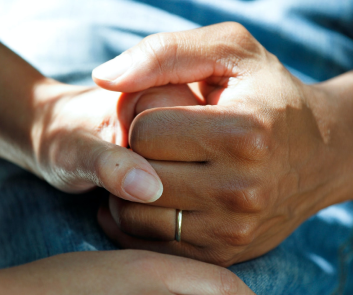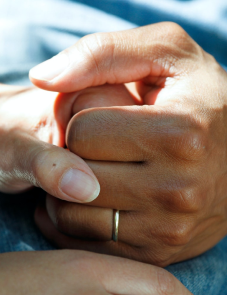Life Ledger is designed to ease the stress of families dealing with a bereavement, but what happens if that person is abroad at the time of their death?
The idea of the death of a loved one abroad is enough to devastate anyone. But in this case, alongside the emotional reaction, there’s also the legal anxieties spinning around our mind – What do we have to do? Who can we talk to? Is it possible to get their body back to the UK?
But sometimes situations that sound like a mountain of legal complications, are actually not as complex as they might initially seem.
In reality, world governments and institutions have a lot of dependable procedures and regulations in place. That way, when someone dies abroad, there is a clear protocol for the family to follow. It is designed so that the death management process can be completed quickly, with minimal further distress to the family.
To help you understand what to do, should you ever be in this situation, we’ve created a rough overview of the process to follow, who to contact, and what you can expect to happen, below.
What happens if a loved one dies while they are abroad?
In the event of a death, the British consulate of the country in which they died will be informed. These institutions are there to provide legal support and representation to British citizens while they are travelling.
The consulate will then contact the police back in the UK, who will be asked to contact the deceased’s next of kin. The police will be able to advise you on the process being followed and explain the steps that you need to take.
If you are notified of the death by someone other than the police, (for example, someone else who was travelling with the deceased, or the holiday provider), then contact the Foreign and Commonwealth Office. They will provide you with more information, advise you on what to do next, and support you as you make the necessary arrangements.
What should I do if someone I am travelling abroad with dies?
Without a doubt, this would be an incredibly distressing situation to be in. But the government has put in place a network of dependable representatives to ensure that, nearly anywhere in the world, the process you need to follow is as quick and simple as possible.
- Contact either the British embassy, consulate or High Commission of the country that you are in (whichever is the nearest to you).
- They will provide you with guidance and help you through the next steps.
- If your holiday is booked with a package holiday provider, then contact the representative of the package company in your resort. Most of these companies will have a dedicated welfare team, who will be able to provide you with support and advice in person.
The GOV.UK website has a full list of global British embassies and consuls, which you can use to quickly find the nearest point of contact when you are travelling.
This process remains the same regardless of the person’s age and relation to you. The most important thing is that you contact your nearest British embassy, consulate or High Commission – they will handle the legal process and provide you with the guidance and support you need.
How would this affect the way that I register the death?
If someone dies abroad, you will need to register the death in the country of their death.
Some countries allow you to register the death in the UK’s Foreign, Commonwealth and Development Office.
However, in some countries, you will need to travel there and register the death according to their legal regulations. They will then provide you with a death certificate. Don’t worry though, the British Consul, the police or your international undertaker will support you throughout this process.
If you are visiting a country to register a death in person, you will need to provide information about the deceased, as well as some key details about yourself. The information required will typically include:
- The deceased’s full name
- The deceased’s date of birth
- The deceased’s passport number, and the date and location where it was issued
- Details of the deceased’s next-of-kin
However, the information required will vary between different countries, so be sure to check this before you travel.
How would this affect the funeral arrangements?
It is up to the family to decide whether they would like the funeral to take place either in the UK or abroad.
Repatriation is the process of returning a body back to the UK. If you would like the body to be returned for a funeral and burial in the UK, then you will need to contact international undertakers. More on this below.
Repatriation can be an expensive process, and so this is something that you may want to discuss with the international undertakers before you make any decisions.
A key thing to note is that most travel insurance companies include the cost of repatriation as part of their cover. In many cases, it is the insurance company that arranges and pays for the repatriation. So, in the event of a death abroad, be sure to contact the deceased’s travel insurance provider as soon as possible.
Whether you choose to locate the funeral in the UK or abroad, you will need to provide an authenticated and translated copy of the death certificate. This will be a key requirement of the registration office for the location of the funeral.
How do I arrange to have the body returned to the UK?
As mentioned above, repatriation is the process of returning a body to the UK.
If you would like the body to be brought home for a UK funeral, then you should seek the advice of international undertakers. They will help you through the legal processes, and advise you of steps to take.
Firstly, repatriation laws require the body to be embalmed and placed in a coffin lined with zinc, before it can be repatriated.
For the process of repatriation, you will need to provide these key documents:
- An authenticated and translated (to English) death certificate
- Legal authorisation for repatriation from the country
- A certificate of embalming
The British Consulate and the international undertaker that you contact can both advise you on what these documents are, and how to get them.
Once the repatriation process has been completed, you will need to contact the Registrar of Births, Deaths and Marriages for the district where you plan to hold the funeral. If you wish to arrange a cremation, then you will need to request permission from the Home Office.
Resources and organisations that can provide support
- The Foreign and Commonwealth Office (FCO) – available to contact 24 hours a day, at 020 7008 1500
- Worldwide British embassies and consuls
- Citizens Advice website – for Northern Irish citizens
- Citizens Advice website – for Scottish citizens
- Citizens Advice website – for Welsh citizens
- Citizens Advice helpline
- UK guidance for cremation after a death abroad






